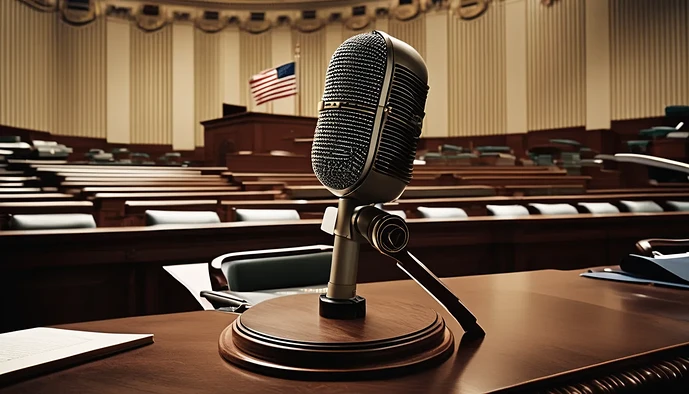Should Congress defund NPR and PBS?
Public broadcasting has long been seen as a pillar of education and balanced journalism, but its federal funding is now under scrutiny. As Congress weighs whether NPR and PBS should continue to receive taxpayer dollars, Americans are questioning whether these institutions still fulfill their original mission. Do they offer an essential public service, or have they drifted into ideological territory? Let’s hear your thoughts on whether federal funding for public media should continue.
#publicmedia #NPR #PBS #congress #defundornot #christianforums #crosswalkforums #forums #crosswalk #faithcommunity #faithforums
For years, public broadcasting has offered Americans everything from educational programming and in-depth news coverage to cultural documentaries and children’s shows. Supporters argue that NPR and PBS provide valuable, non-commercial content that serves the public interest, especially in rural and underserved areas. Critics, however, claim these outlets have become biased and no longer represent a neutral voice—raising the question of whether taxpayer funding should continue.
Is it time for NPR and PBS to stand on their own financially, like other media companies? Or does their public service role still justify federal support? And how do we decide what content qualifies as truly “public” and “educational” in today’s polarized landscape?
![]() Watch this video to hear one lawmaker’s pointed criticism
Watch this video to hear one lawmaker’s pointed criticism
To learn more about the latest congressional debate, visit:
https://www.npr.org/2025/03/26/nx-s1-5339951/npr-pbs-congress-hearing
